6 GPTs for Genomic Research Powered by AI for Free of 2026
AI GPTs for Genomic Research refer to specialized applications of Generative Pre-trained Transformers (GPTs) aimed at enhancing, streamlining, and innovating the field of genomics. These tools are specifically designed to process, analyze, and interpret vast datasets characteristic of genomic studies, offering insights, predictions, and data-driven solutions. They leverage the power of AI to provide tailored solutions that can adapt to various genomic research tasks, from sequence analysis to gene expression profiling, significantly impacting the speed and accuracy of genomic research outcomes.
Top 6 GPTs for Genomic Research are: Genome Sage,Primer Pro,Genomic Guide,Marine Genomics Expert GPT,Coding for pipeline of Non-Ref transposon detect,AIOS Phytogenomics
Genome Sage
Decoding Genomics with AI Precision
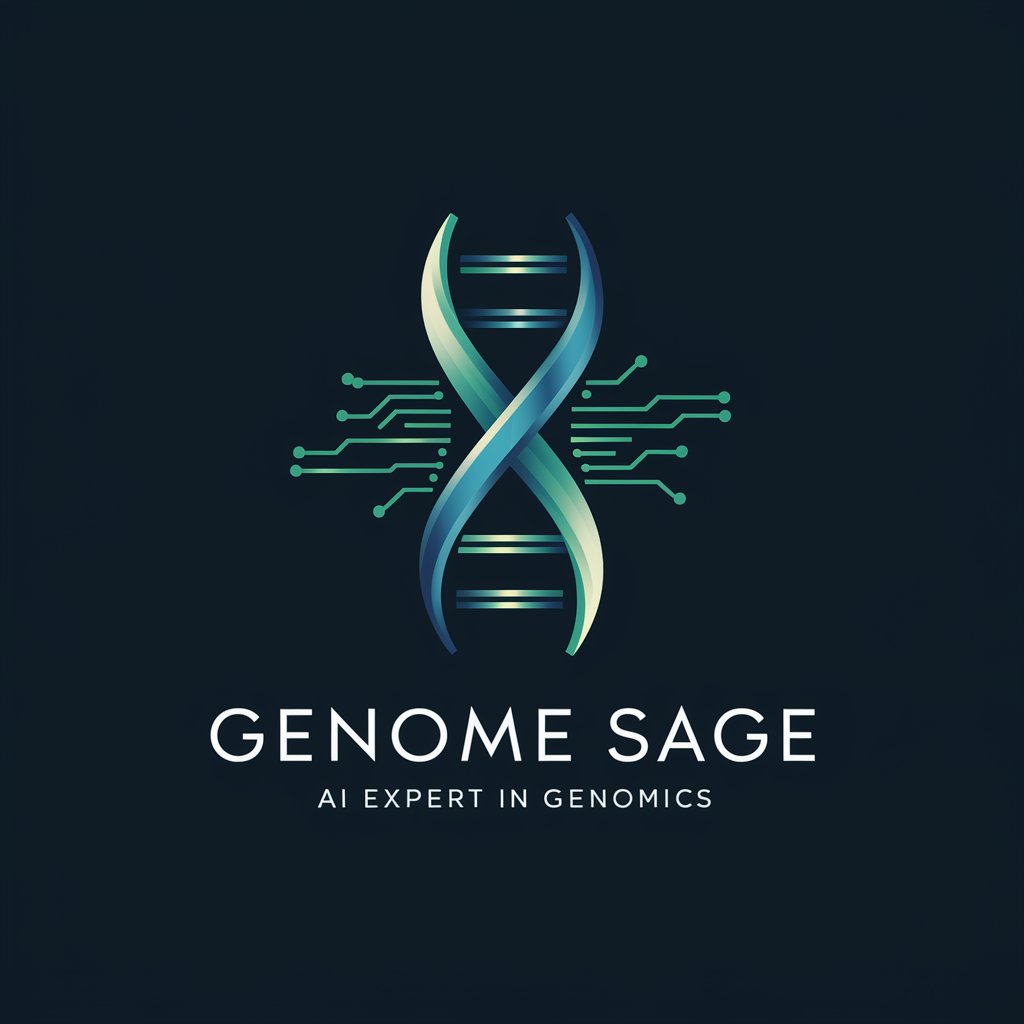
Primer Pro
Designing Primers with Precision

Genomic Guide
Unlocking Genomics with AI
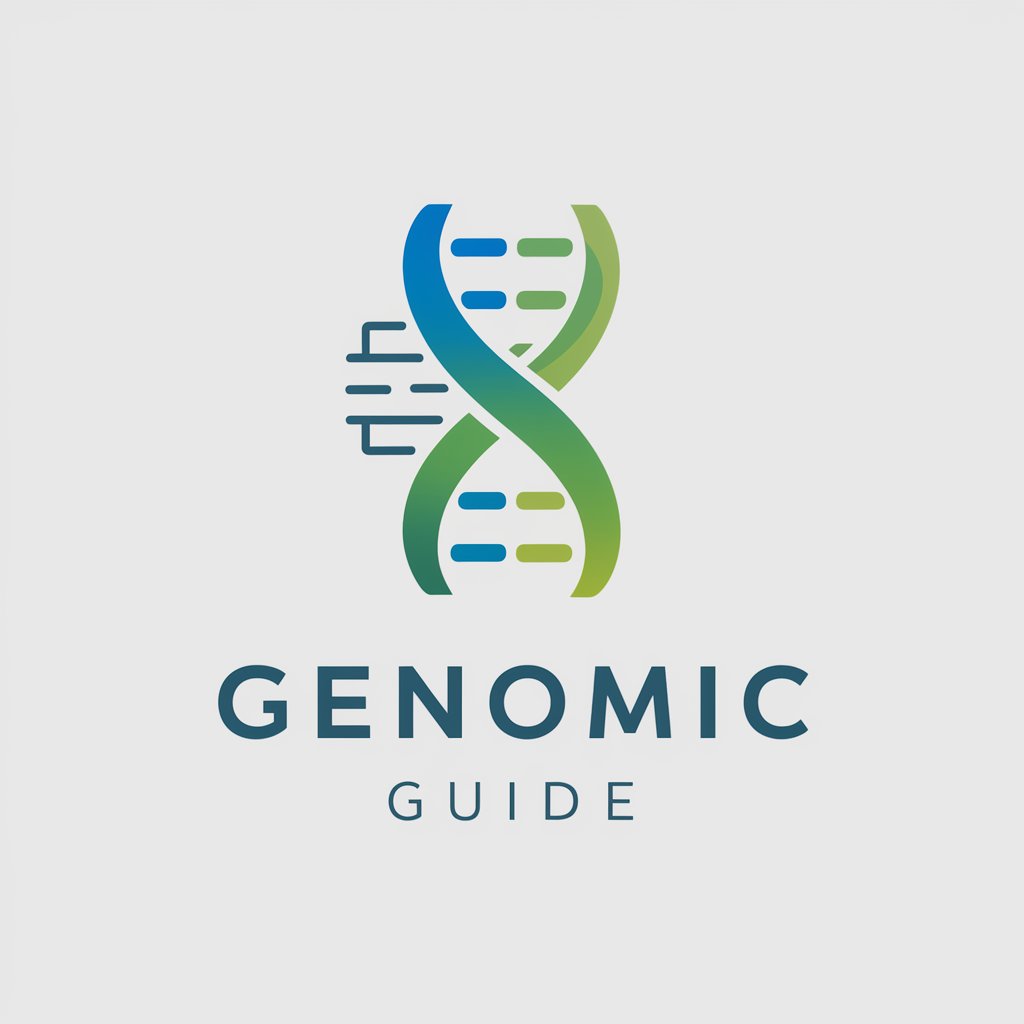
Marine Genomics Expert GPT
Unveiling the Genetic Secrets of the Sea
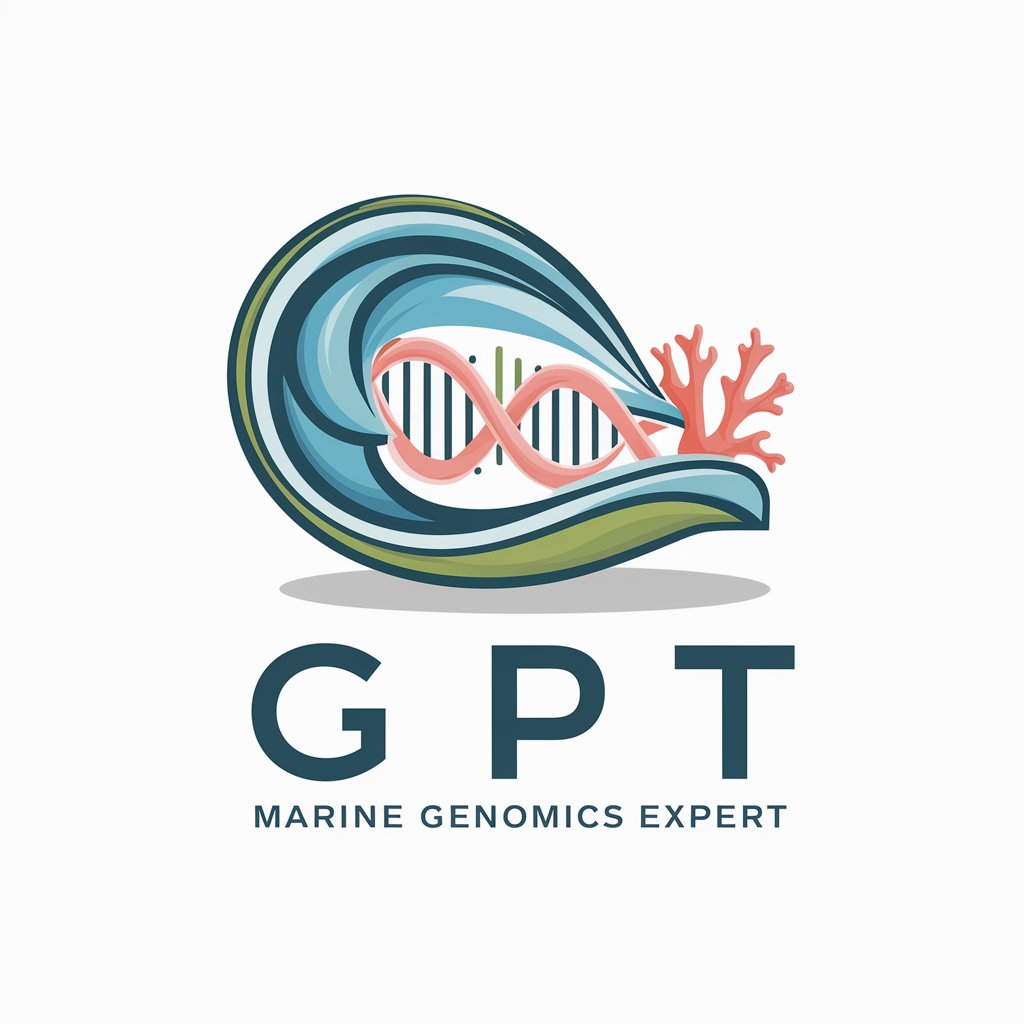
Coding for pipeline of Non-Ref transposon detect
Decipher genomic secrets with AI-driven transposon detection.
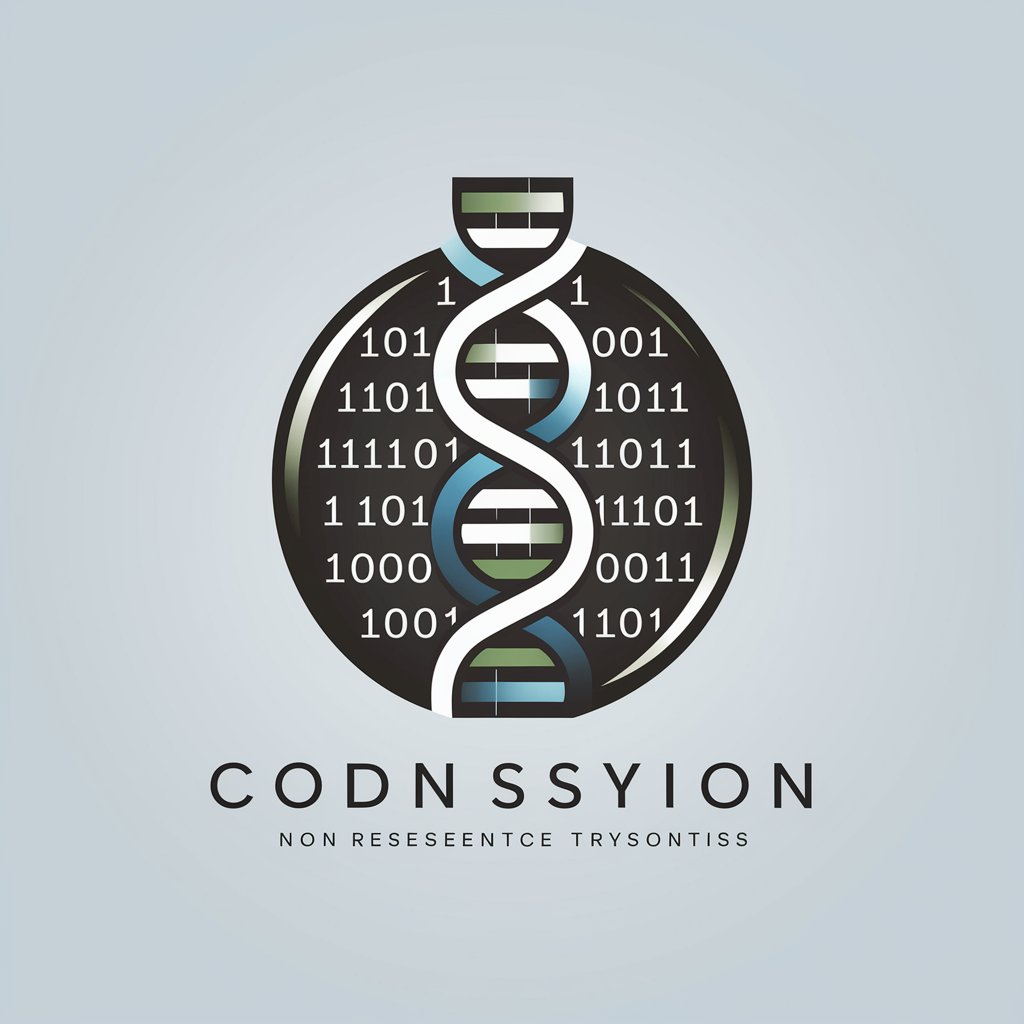
AIOS Phytogenomics
Elevating Genomic Research with AI
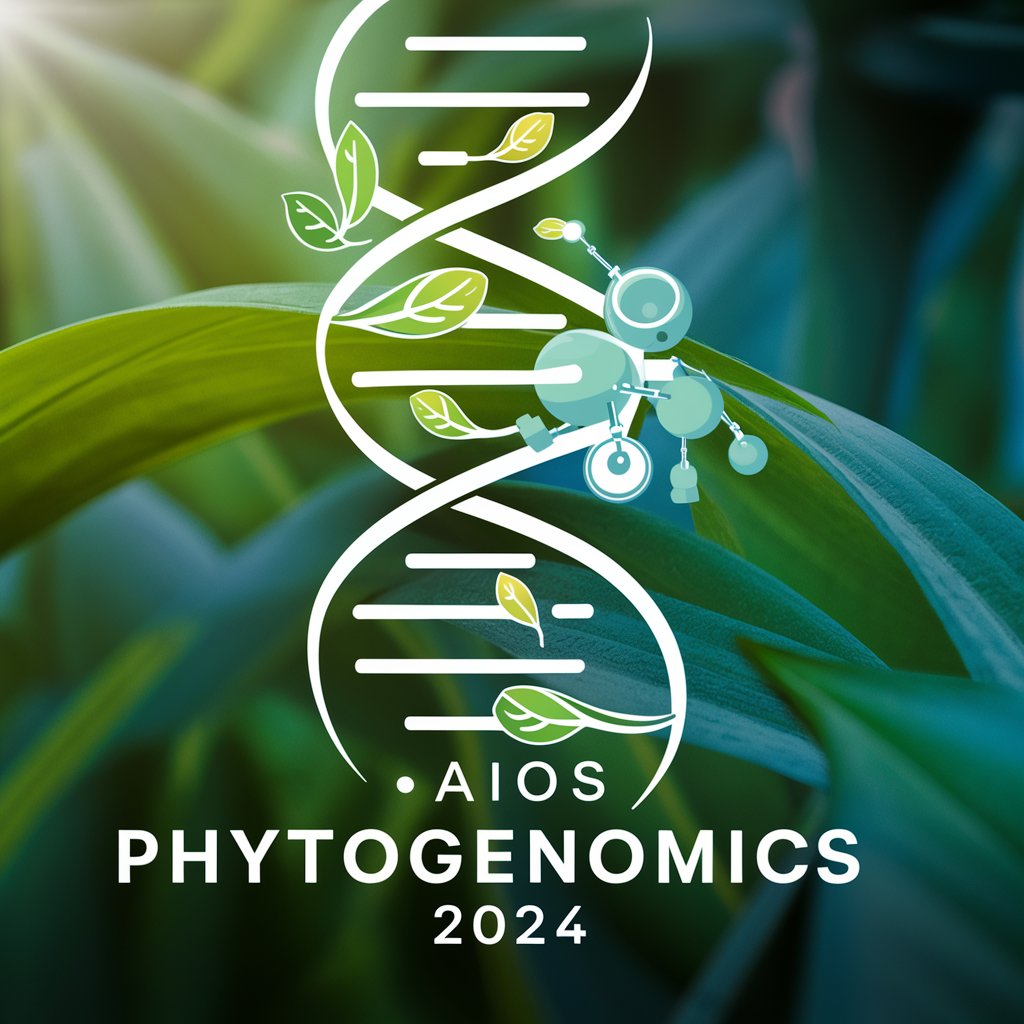
Key Attributes and Functionalities
AI GPTs for Genomic Research are distinguished by their adaptability, precision, and advanced data analysis capabilities. Core features include natural language processing for interpreting and generating scientific texts, deep learning algorithms for pattern recognition in genomic sequences, and the ability to integrate with bioinformatics databases. Specialized features may encompass language learning for translating genomic terminology, technical support for research methodologies, enhanced web searching for literature review, image creation for genomic visualization, and robust data analysis tools for uncovering genetic insights.
Intended Users of Genomic Research AI Tools
The primary beneficiaries of AI GPTs for Genomic Research include biologists, geneticists, bioinformaticians, and research scientists engaged in genomics. These tools are accessible to novices in the field, providing an intuitive interface for those without coding skills, while also offering extensive customization options for developers and professionals with programming expertise. This dual accessibility ensures that a wide range of users can leverage AI GPTs to enhance their research capabilities and achieve their objectives more efficiently.
Try Our other AI GPTs tools for Free
Biotechnology Insights
Discover AI GPTs for Biotechnology Insights: tailored AI solutions transforming biotech research and innovation with advanced data analysis, language processing, and adaptable tools for professionals and novices alike.
Performance Forecasting
Discover how AI GPTs for Performance Forecasting leverage historical data and advanced analytics to provide accurate future performance predictions.
Python Best Practices
Discover how AI GPTs can transform your Python coding with best practices, real-time feedback, and adaptable learning tools for all skill levels.
Character Transformation
Discover AI GPTs for Character Transformation: innovative tools designed to revolutionize the creation and customization of characters for digital media, offering intuitive, adaptable solutions for creators at all levels.
Social Media Accessibility
Discover how AI GPTs tools are revolutionizing social media accessibility, making platforms more inclusive and engaging for everyone.
Journalistic Research
Discover how AI GPTs are transforming journalistic research with adaptable, efficient tools designed to enhance content creation, data analysis, and insight generation for journalists and researchers.
Expanding the Horizons of Genomic Studies with AI
AI GPTs offer groundbreaking opportunities for genomic research, providing solutions that are both innovative and practical. They simplify complex data analysis, enable rapid hypothesis testing, and foster a deeper understanding of genetic information. Furthermore, their integration into existing workflows and systems can significantly enhance research efficiency and outcomes, making them indispensable tools in the field of genomics.
Frequently Asked Questions
What are AI GPTs for Genomic Research?
AI GPTs for Genomic Research are advanced AI tools designed to assist in the analysis, interpretation, and prediction of genomic data, utilizing the capabilities of Generative Pre-trained Transformers.
How do AI GPTs enhance genomic research?
They enhance genomic research by offering high-level data analysis, pattern recognition in genetic sequences, and tailored insights, significantly reducing research time and increasing accuracy.
Can non-experts use AI GPTs for genomic studies?
Yes, these tools are designed with user-friendly interfaces that enable non-experts to utilize advanced genomic analysis tools without requiring deep programming knowledge.
What makes AI GPTs unique in genomic research?
Their ability to learn and adapt to the complex language and data patterns specific to genomics, coupled with specialized functionalities for data analysis and interpretation, sets them apart.
How do AI GPTs integrate with existing genomic databases?
AI GPTs can interface with existing genomic databases through APIs or custom integrations, allowing for seamless data retrieval and analysis.
Can AI GPTs generate genomic sequence visualizations?
Yes, some AI GPTs are equipped with image creation capabilities that can generate visualizations of genomic sequences, enhancing the interpretability of complex data.
Are AI GPTs capable of predicting genetic mutations?
Yes, through deep learning algorithms, AI GPTs can predict genetic mutations and their potential impacts, aiding in the research of genetic disorders and treatment strategies.
Can AI GPTs support the publication of genomic research?
Absolutely, AI GPTs can assist in drafting scientific texts, analyzing and summarizing research findings, and ensuring that publications are well-supported by data.